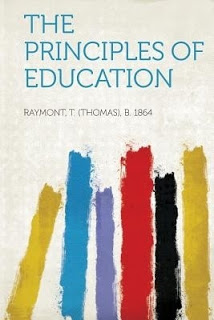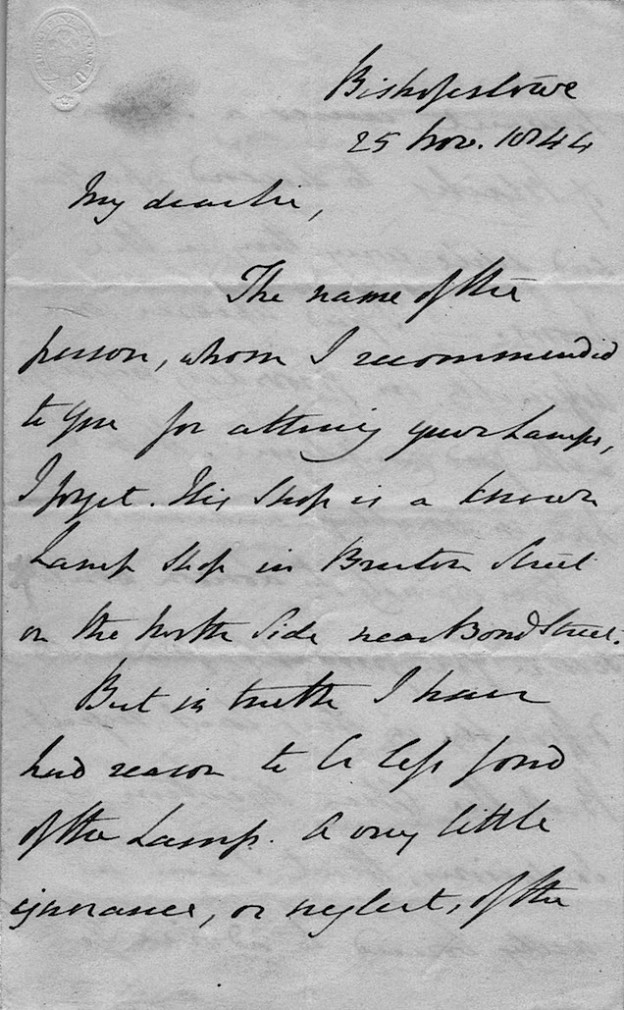From the papers of L.R. Reeve* - this profile of Thomas ('Tommy') Raymont, an unsung educationalist. His Principles of Education is still in print with the bald declaration on the cover 'b. 1864.' He died in 1953 and the book he appears to have written in old age was Modern Education (1935). Reeve, a native of Newton Abbot, refers to him as 'the great Devonian'...
THOMAS RAYMONT
It is a good many years since Thomas Raymont, M.A., wrote the Principles of Education, one of the standard books of its kind, but even today no one could read it for the first time without feeling that he had learned some immutable laws on child guidance; and if any earnest student asked me whether there was one sound book on the market for students in training I should suggest Raymont's sensible contribution which was written when the author was an exceedingly busy educational giant.
Shortly after he ended his two years as student at the Borough Road Training College and was top at the final examination, I believe he was appointed as lecturer at his old college, and there is no need to stress the fact that such an appointment to a young man is rare.
Continue reading





